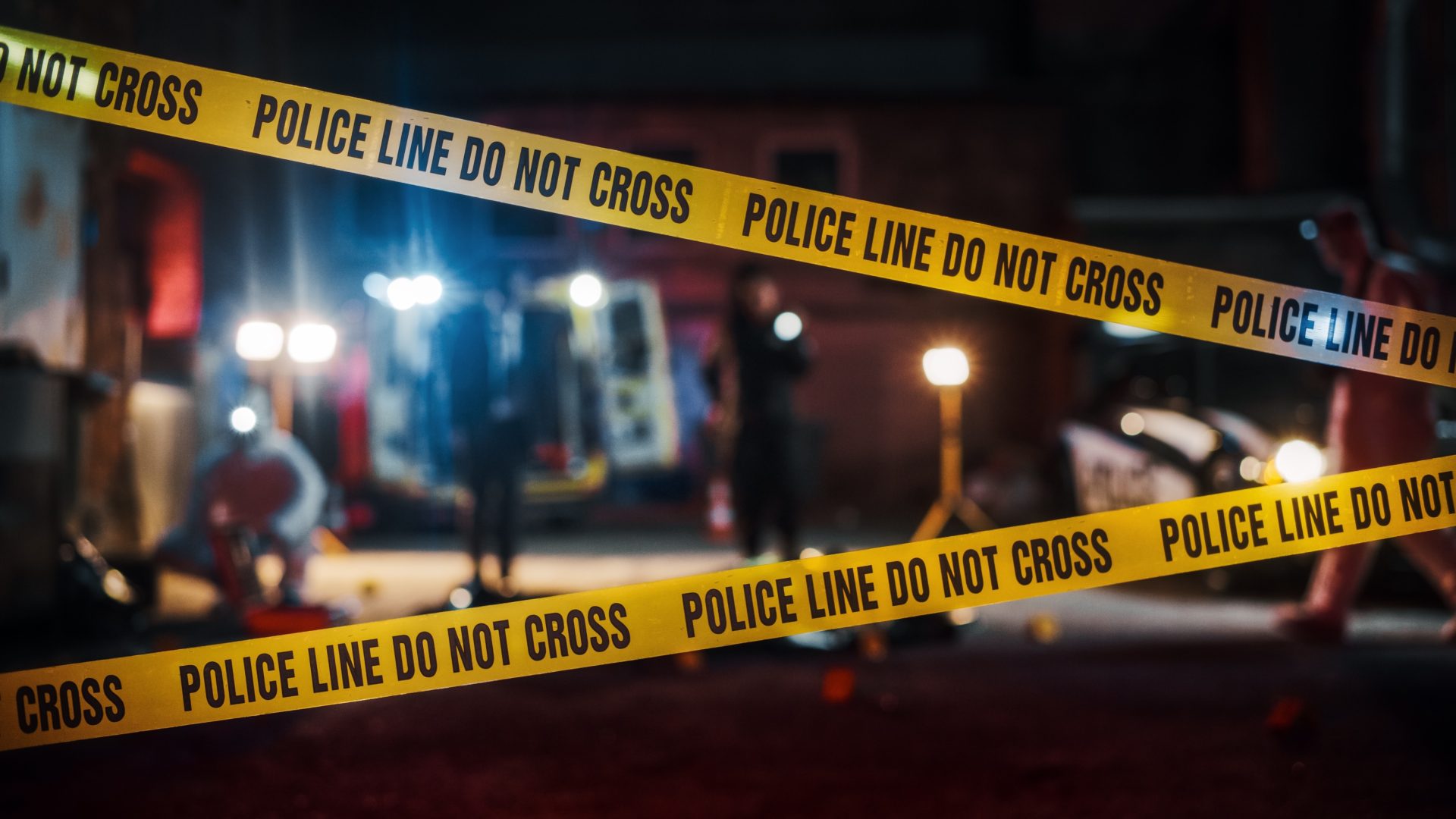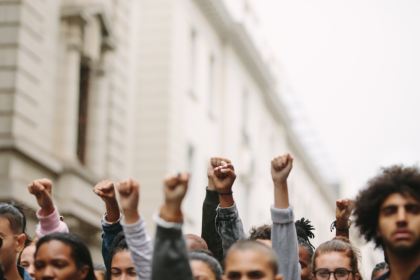In a tragic incident that has sparked widespread debate on social media, 33-year-old Sydney Wilson was fatally shot by a Fairfax County police officer during a welfare check. The incident raises critical questions about police response to mental health crises and the use of lethal force.
The incident
The shooting occurred in Reston, Virginia, after a health care worker requested a welfare check on Wilson, who was reportedly agitated. Officer Peter Liu, with 14 years of experience in crisis intervention, arrived at the scene to find Wilson unresponsive at her apartment door. After several minutes of knocking, Wilson opened the door and engaged in brief conversation before suddenly lunging at Liu with a knife.
Bodycam footage from the incident shows Liu attempting to de-escalate the situation by backing away and repeatedly instructing Wilson to “back up.” However, when she lunged at him again, Liu fired his weapon, ultimately shooting Wilson multiple times. Despite Liu’s injuries, which were not life-threatening, Wilson was transported to a hospital where she later succumbed to her injuries.
Mixed reactions on social media
The release of the graphic bodycam footage has led to polarized opinions online. Many users criticized Liu for not using a taser instead of lethal force, arguing that he should have employed non-lethal methods given Wilson’s mental health crisis. Others defended Liu, asserting that he acted in self-defense when faced with an immediate threat.
“We can’t fight this one Family I’m sorry but she was engaging this since the start of the door opening,” one user commented.
“Nah, this is just wrong! Getting a call fully KNOWING that she’s going through a mental health crisis I can’t justify this,” another user added. “He should have had a taser.”
The aftermath
Following the shooting, Liu has been placed on administrative duty while an internal investigation is conducted. The incident has reignited discussions about the need for better training for police officers in handling mental health crises. Advocates argue that law enforcement should prioritize de-escalation techniques and the use of non-lethal weapons in situations involving individuals in distress.
Georgetown University also faced backlash after posting a tribute to Wilson on their social media. Critics questioned the appropriateness of mourning someone who had attacked a police officer, highlighting the complexities of the situation.
“Tragic? She tried to murder a police officer!” one critic wrote in response to the tribute.
Broader implications
This incident is not an isolated case; it reflects a broader issue within law enforcement regarding how to effectively respond to mental health crises. The National Alliance on Mental Illness reports that individuals with mental health conditions are more likely to encounter law enforcement than receive appropriate mental health care. This highlights the urgent need for systemic changes in how police are trained to handle such situations.
Moreover, the conversation surrounding police violence and mental health is particularly relevant to the Black community, which has historically faced disproportionate levels of police scrutiny and violence. Advocates emphasize the importance of community-based mental health resources and the need for police departments to collaborate with mental health professionals during welfare checks.
The fatal shooting of Wilson serves as a tragic reminder of the complexities surrounding police interactions with individuals experiencing mental health crises. As discussions continue on social media and beyond, it is crucial to seek solutions that prioritize safety, understanding, and appropriate responses to mental health issues. The ongoing investigation into Liu’s actions will likely influence future policies and training within law enforcement, potentially paving the way for more compassionate and effective approaches to crisis intervention.

















